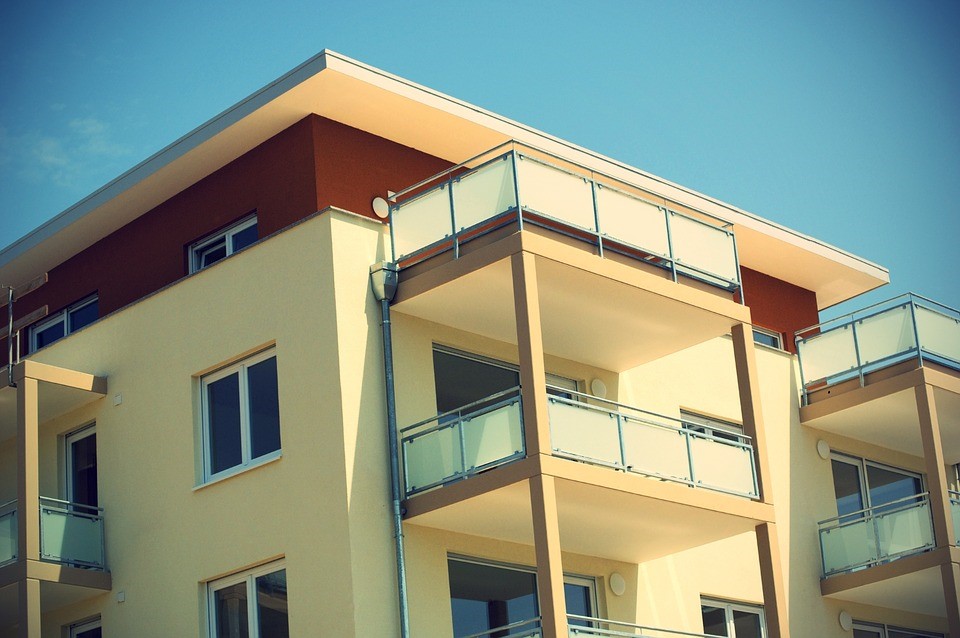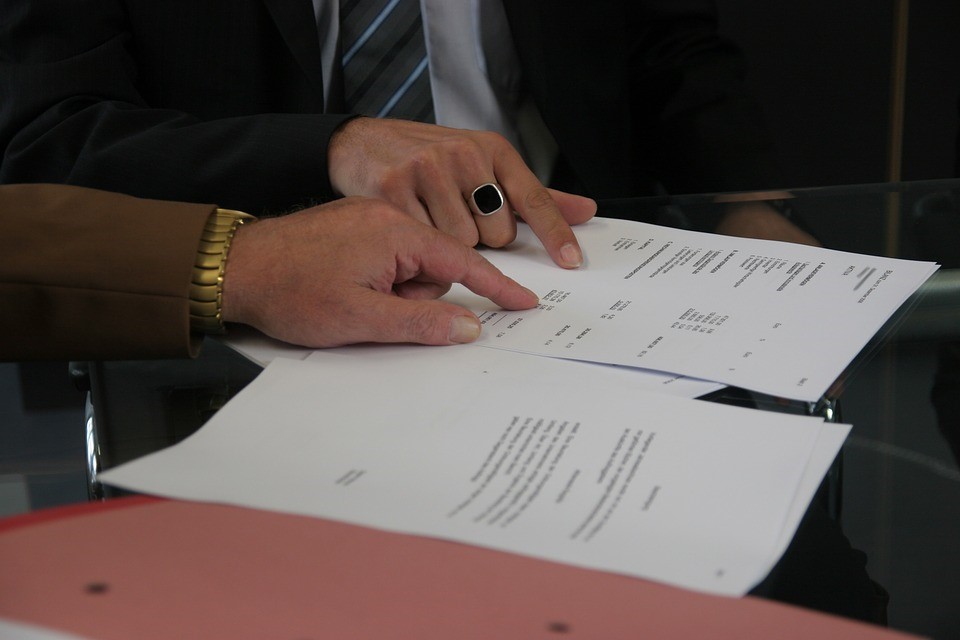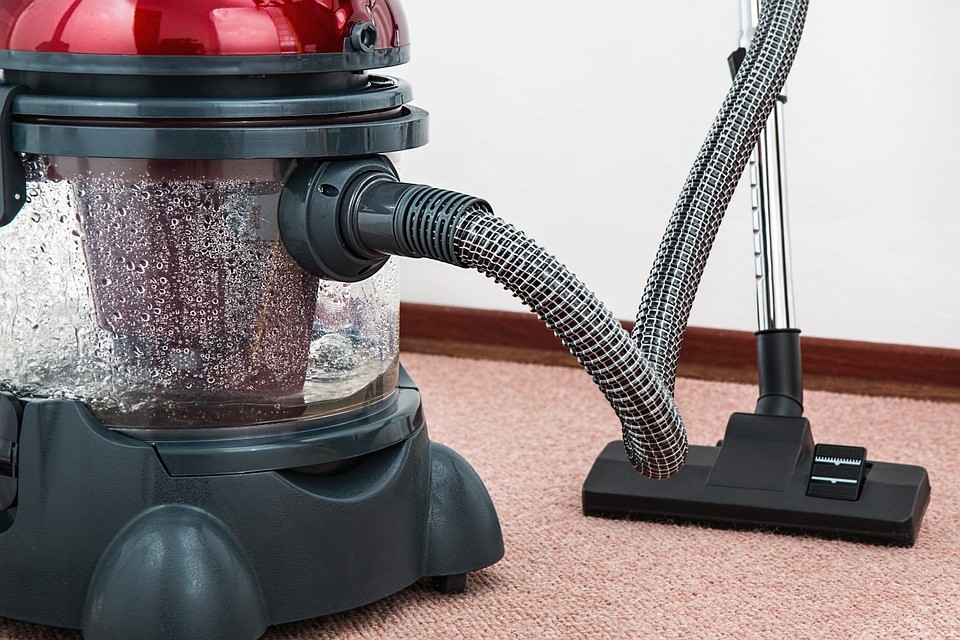
Most flats are held on a leasehold basis. This means you have the right to use and live at the property for a fixed period of time, in accordance with the terms of the ‘lease’, the terms of this being the agreement between the freeholder and yourself. Upon the expiration of the lease, ownership of the property then reverts back to the freeholder.
Sounds gloomy; but is buying a leasehold property really all that bad? Here, Rachel Church, a solicitor in our firm, discusses the pros and cons of purchasing leasehold properties; offering some advice on some particularly common situations that prospective buyers can find themselves in.
Read more: FAQ Series: What is a Leasehold Property? And What’s the Difference Between Leasehold and Freehold Properties?
Points to Consider Before Buying a Leasehold Property
Firstly, it is worth bearing in mind some key points when deciding on whether to buy a leasehold property, such as:
Costs
Under the terms of the lease, you will be responsible for payment of ground rent and a contribution towards the service charges for maintenance of common parts and the building insurance premiums. These costs can be quite high, especially where the freeholder employs a management company to manage the premises.
However, what many people are unaware of is that leaseholders may be entitled to make their own service arrangements, under a scheme called the ‘Right to Manage’, introduced under the provisions of the Commonhold and Leasehold Reform Act 2002.
This provides a right for ‘qualifying’ leaseholders to acquire the freeholder’s management functions by setting up a company. The building must meet certain conditions and a minimum number of leaseholders are required to take part, for example, at least two-thirds of the flats must be let to qualifying tenants and if the building is mixed-use, the non-residential part must not exceed 25% of the total floor area, excluding common parts.
Extending a Lease

If you have lived in a property for more than two years, you may have a statutory right to extend your lease under the provisions of the Leasehold Reform Housing and Urban Development Act 1993, through the use of a ‘Section 42 notice’.
If successful, you will be entitled to an extension of your lease for a period of ninety years on top of the existing term and the reduction of your ground rent to ‘peppercorn’, or nil.
Lease extensions can be costly as you will be responsible for the freeholder’s legal and surveyor’s costs, as well as the premium for the extension itself, dependent on the length of term left.
You can otherwise informally extend the lease by negotiating with the freeholder. Whilst this is often processed more quickly, bear in mind that the freeholder has no legal obligation to reduce the amount of your ground rent and they could even try to increase it.
Buying the Freehold
Leaseholders may wish to consider purchasing the freehold on their properties, which can be advantageous, for example, to reduce service charge costs and control the management of the property.
Before you can buy the freehold, you will need to meet certain conditions to qualify. For example, if there are only two flats in the building, both lessees must agree to buy the freehold. Whereas larger buildings with more properties must have at least half the leaseholders taking part in the purchase. This is called ‘collective enfranchisement’.
Read more: FAQ Series: Should We Consider Buying the Freehold on Our Home?
Advantages of Buying a Leasehold Property
Whilst these points are worth bearing in mind, are there any advantages to buying a leasehold property? Of course – some include:
A Reduction of Initial Costs
Leasehold properties are cheaper than their freehold equivalents. This makes them particularly beneficial for first-time buyers and purchasers looking to buy in areas in which property is more expensive.
Read more: FAQ Series: The Cost of Buying a Leasehold Property
Servicing Shorter-Term Residential Needs
An advantage of buying a leasehold property is that they are good way of providing housing for those with short-term residential needs.
For young professionals, looking to become first-time buyers, for instance, purchasing a flat might be more beneficial as it allows you to have your own home, especially if you know that you will be looking to move within the next few years.
Assistance with Uncooperative Tenants
The management company who will oversee the maintenance of the premises will be able to deal with any uncooperative tenants. This can be beneficial for landlords who do not want to have to undergo the hassle of dealing with such tenants themselves or through an unassociated third party, which can prove both time-consuming and costly.
Maintenance of Communal Areas

The management company will also ensure the cleanliness of the communal areas of a leasehold property. This is beneficial not only for sanitary but also aesthetic reasons. It is also a way of avoiding any possible disputes between leaseholders that might arise.
A Sense of Communal Camaraderie
Flats and other purpose-built shared accommodation are an excellent way of establishing a sense of communal cohesion. Living in a block catered to people of similar ages is a great way of making friends. Being on good terms with your neighbours is also beneficial pragmatically, as you never know when you will need that cup of sugar or the music turned down.
Retirement Options
Leasehold properties are also good opportunities for those seeking care in their retirement. Ownership of this property will guarantee that you or your loved ones will be well looked after and respected in their elderly years and still ensure ownership of your own capital.
Are Your Considering Buying Leasehold?
If you are looking for a dedicated and efficient team, who pride themselves on excellent service, then look no further.
Our conveyancing solicitors have a wealth of experience in dealing with the various particulars of leasehold transactions and are well able and keen to help you with your conveyancing needs. Please contact us on 02920 404020 so that we can get the ball rolling for your transaction today.

